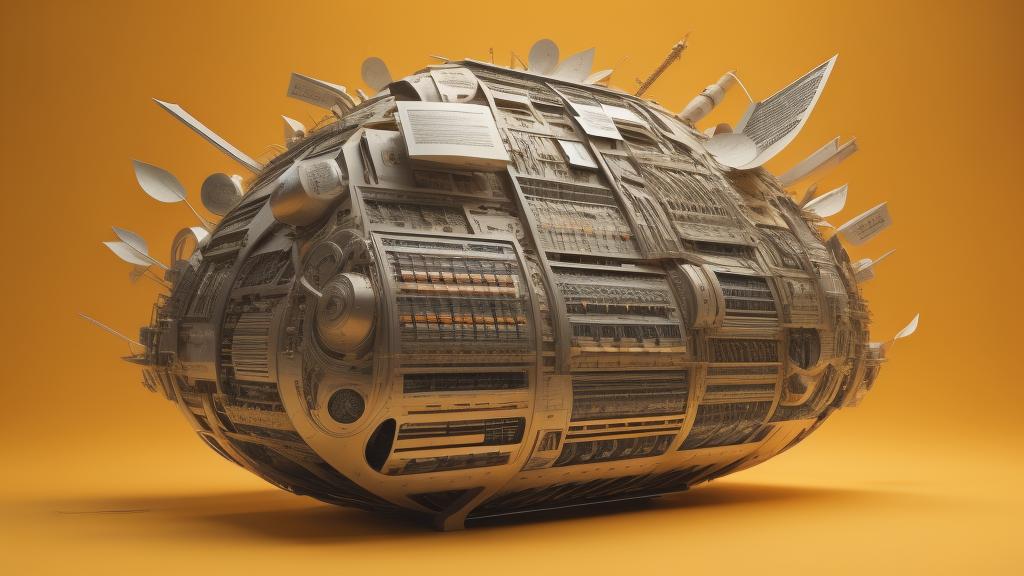In the dimly lit corners of the internet, a musical revolution is bubbling up—a genre so eclectic and chaotic that it shrugs off traditional labels and stands defiantly on the edges of categorization. Hyperpop, a sonic experiment that revels in its extremity, is quietly surfacing from the underground, ready to challenge the very foundations of mainstream music.
Hyperpop started as a whisper in niche online communities, but it has rapidly amplified into a full-throated chorus, echoing across streaming platforms and infecting the music industry with its idiosyncratic charm. This genre defies simple categorization: it is as much a reaction against the established order as it is a celebration of digital culture's limitless possibilities.
At the heart of hyperpop lies a unique blend of bubblegum pop, electronic distortion, and frenetic beats. It’s fast, often frantically so, overlapping sounds and ideas with an audacious disregard for tradition. Think sugary sweet melodies that clash delightfully against harsh, glitchy production, as if a pop princess and a hacker decided to collaborate.
Charli XCX, one of hyperpop's most recognizable figures, blazed trails with her album "Charli," incorporating elements that would later define the genre. Her work did not just open doors but bulldozed walls, inviting a new generation of artists to color outside the lines. These musicians, often young and internet savvy, are redefining what it means to be a pop star, balancing personal expression with the ever-demanding digital audience.
Part of hyperpop’s allure is its unbridled diversity. Many creators within the genre are queer, exploring themes of identity and belonging through their work. This inclusivity is not just tolerated but celebrated, making hyperpop a haven for those marginalized by more traditional music communities.
However, with great audacity comes polarization. The genre’s exaggerated auto-tune and frantic pace can be divisive, leaving some listeners entranced and others bewildered. In one moment, hyperpop can sound like a club anthem; in the next, it feels like an avant-garde experiment.
The genre’s influence on mainstream music is becoming increasingly palpable. Chart-topping hits are beginning to borrow from hyperpop’s toolbox—experimenting with unconventional structures, daring electronic flourishes, and even the genre’s ethos of acceptance and experimentation.
As mainstream artists infuse hyperpop elements into their work, one can’t help but ponder the future. Will hyperpop integrate so seamlessly that it becomes indistinguishable from pop itself, or will it become something entirely new once more? As the lines between genres blur, hyperpop stands both as a testament to innovation and a warning of the music industry’s fluid nature.
Though its path is uncertain, hyperpop’s rise underscores an exciting truth: music is a living entity, constantly evolving. In adopting the vibrant, contrasting energy of hyperpop, artists and listeners alike are embracing a future where creativity knows no bounds.
The underground always has a voice that eventually disrupts the surface, and hyperpop is that voice now. As it echoes louder across consumer playlists and mainstream consciousness, it holds the promise of a genreless tomorrow—a world where music is purely an expression of humanity, imperfect and unfiltered.
The underground rise of hyperpop and its impact on mainstream music

